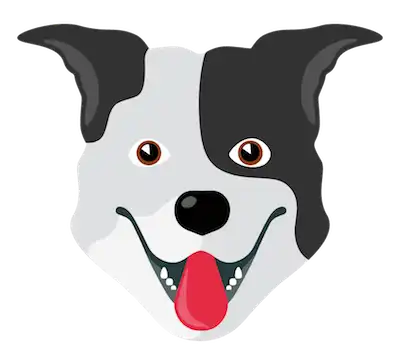» The Evolution of Team Co-intelligence: from Knowledge Work to Learning Work «
Abstract
As the new world of work reveals new challenges, everyone comes to grips with new notions of the new nature of work. Fields, like software development, that tend toward highly complex and "wicked" problems require ever-evolving responses and supportive behavior.
One such shift has us wrestling with the nuanced definition of "workplace." Another theme is "work time.” A further shift moves us away from expecting single, smart, geniuses-in-a-closet working alone to find solutions, and working under a leader/manager tasked with appraising and stimulating individual performance. This shift then moves us toward our current understanding that the answers we seek will only emerge from people working together to share what they know, as collaborative teams of motivated learners. The quest for learning new approaches and adopting new technologies galvanizes their performance.
What are team members’ and leaders’ roles in setting the context for such new work? What familiar collaboration and coaching skills still apply? What new habits of behavior will we practice? What will nurture the growth of team co-intelligence to meet the challenges of tomorrow? In this short workshop, we will explore these questions and more, as groups of leaders, team members, and practitioners create new approaches together.
Audience:
- Team members and team-adjacent leaders, coaches, and collaborators
Prerequisite:
- Experience in team-based work environment
- Attend workshop with specific team in mind
- Willingness to share experiences with other participants
Outline:
- Introduction
- Essential Team Motivators
- Knowledge Work and Learning Work
- Multiple Intelligences
- Trust - From ICs to Teams
- 4c’s for Team Learning Work
- Learning Transfer
- What’s Next?
Learning Outcomes:
Participants will:
- Identify the role qualities for non-traditional settings, familiar and new
- Describe the connection between continuous learning and evolving co-intelligence for teams
- Create a draft personal development plan for the work world of tomorrow
Bio
As a Leadership Agility Advisor, Diana Larsen, wears many hats. To serve her professional communities, Diana delivers inspiring conference keynotes, talks, and workshops around the world. She shares the wisdom she’s gained in more than three decades of working with leaders, teams, and organizations. Her talks add value through her pragmatic, yet visionary, approach.
As a trusted advisor and coach of coaches, the continuing thread in her career has been a focus on team learning and leaders who “learn out loud” to support their teams and organizations. Familiar with leadership challenges, she has co-founded and led six small businesses. She serves as an advisor to Retrium, Inc., on the advisory board of the Organization Design Forum, and as former chair of Agile Alliance board of directors.
A prolific contributor to readers who seek to improve leadership and team development, Diana has co-authored and contributed to pivotal books, including:
A model maker, she co-originated the Agile Fluency® model as well as other models covering aspects of leadership, learning, and teams.
- Agile Retrospectives 2nd ed.: A Practical Guide for Catalyzing Team Learning & Improvement (2024)
- Lead without Blame: Building Resilient Learning Teams (2022)
- The Art of Agile Development (2022)
- The Agile Fluency Model: A Brief Guide to Success with Agile, an ebook (2019)
- Liftoff: Start and Sustain Successful Agile Teams (2016, 2nd ed.)
- Five Rules for Accelerated Learning (2014)
- Agile Retrospectives: Making Good Teams Great (2006, 1st ed.)
Find out more about Diana’s latest escapades by subscribing to her monthly newsletter at dianalarsen.com/subscribe
